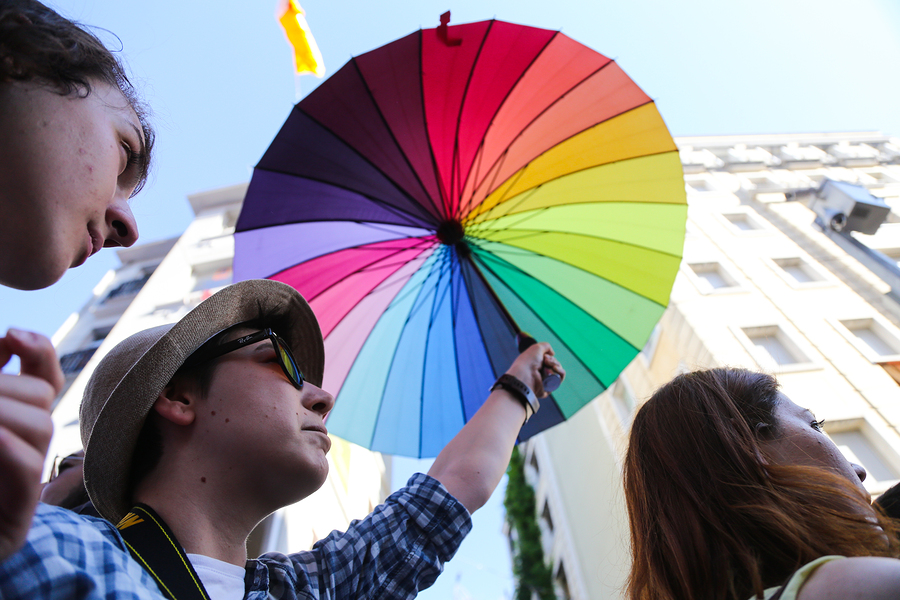 Alternative dispute resolution mechanisms like mediation and arbitration have been around for years. At the same time, LGBT issues have risen in number and focus over the last several decades. These two worlds have started to merge, allowing for a less contentious process of resolving disputes involving the LGBT community. Some issues that have been successfully handled through these pathways include:
Alternative dispute resolution mechanisms like mediation and arbitration have been around for years. At the same time, LGBT issues have risen in number and focus over the last several decades. These two worlds have started to merge, allowing for a less contentious process of resolving disputes involving the LGBT community. Some issues that have been successfully handled through these pathways include:
Workplace Claims
The last several decades have brought about significant and influential cases in employment law. As a matter of course, many workplace claims alleging discrimination or other mistreatment are handled through mediation or arbitration. The confidentiality of the proceedings and the more intimate fashion of ADR are often desired qualities for plaintiffs and defendant employers. In some cases of this nature, new policies are instituted to help avoid potential discrimination in the future.
Benefit Claims
Although gay marriage was officially federalized in 2015, public benefits have been slow to respond, creating confusion around eligibility for particular state and federal benefits. Dates of eligibility are often contested as the legal nature of the relationship between the parties may have been at issue.
Family Law Matters
One of the areas ripest for ADR is family law matters. Often, the termination of a long-term LGBT relationship creates different issues than an opposite-sex marriage. Many LGBT couples may have been together for years without the benefit of marriage, or they may have only recently married after living together and accumulating property for years. The traditional equitable distribution or community property rules may not bring about a just result for a couple who have built up wealth together. There may also be complicated issues involving child custody if one of the individuals who stood in a parental role did not have a legal or a biological relationship with the child. In these situations, ADR may provide more appropriate arrangements and remedies than the legal system may.




